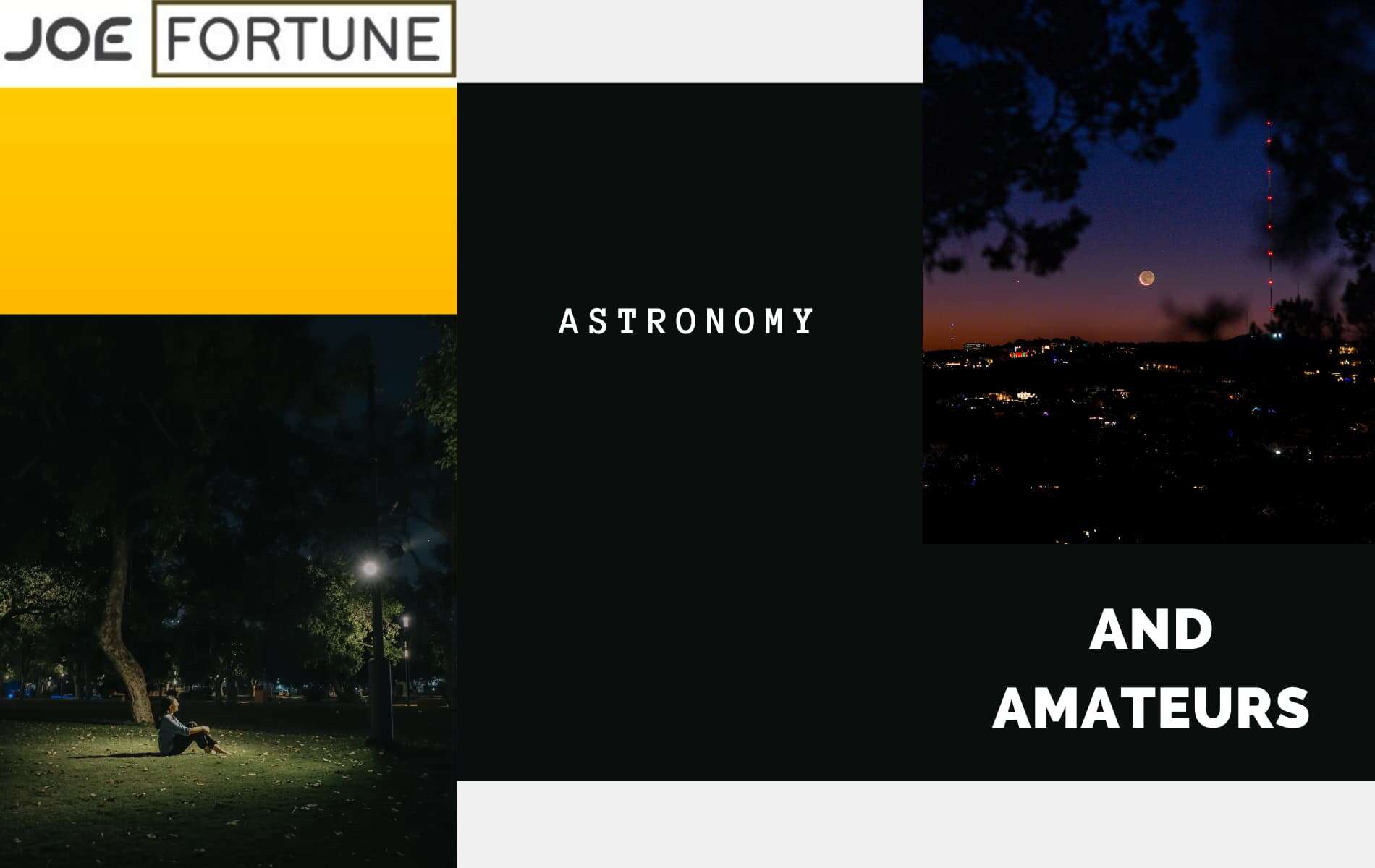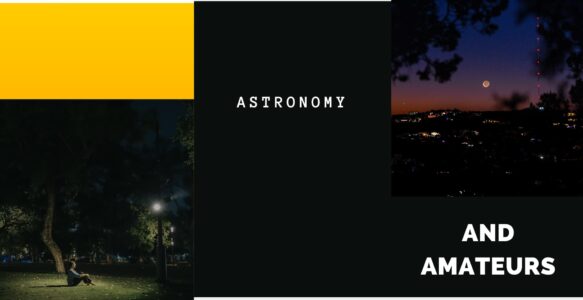Venus is a planet that has fascinated astronomers since antiquity. The dense, toxic atmosphere and cloudy exterior have made it difficult to study its surface or the details of its atmosphere from Earth-based telescopes. Amateur astronomers are playing an increasingly important role in obtaining observations. Joe Fortune Casino has awarded telescopes to their VIP clients who pointed out astronomy as a hobby in their profiles. It has served as an impetus for amateurs from Australia and many other places to make hundreds of images of the middle-cloud layer at Venus.
Amateur Scientists Have Always Been Making Historic Discoveries
In the current world, many people are taught that scientists are a special type of person. In this view, there is some sort of divide between those who are “doing science” and everyone else. However, the rise in amateurs practicing science shows a different picture; instead it’s about having a curious, creative, critical and evidence-based mindset. Which means anyone who uses the scientific method can and should acknowledge themselves a scientist.
The rise of the amateur scientist is a term that is often misconstrued. Amateur scientists are not hobbyists or weekend-warriors, but instead those who enjoy solving puzzles and use the scientific method to do so. They can be teachers, doctors, stay at home parents, students and even high school dropouts. Indeed lots of discoveries have been made by nonprofessionals.
The amateur scientists of today have a long history to follow. Brother and sister William and Caroline Herschel are amongst the most notable. The siblings went on to make big revelations in astronomy, simply by looking in their telescopes. In 1781, William was the first one to discover Uranus, which is followed by a few galaxies.
Since the 18th century, amateur scientists have made significant contributions to scientific discovery. As early as 1747, Benjamin Franklin published his kite-flying experiments in a book titled “Experiments and Observations on Electricity.” This interest has only grown since then: today there are websites that offer tips for conducting an experiment at home, which can range from dropping Mentos into Diet Coke to measuring the heat given off by a campfire.
So the history of nonprofessional astronomy is rich with discoveries. They are making essential revelations and changing the world. Scott Tilley, a nonprofessional operator, is just one of many who spend their time in scientific pursuits driven by pure zeal.
Recent Discoveries
It is often said that the universe is so vast and complex, it cannot be fully grasped by humans. This may seem to be true in many ways, but there are some people who have devoted their lives to trying to understand as much of this mystery as possible: amateur astronomers.
The role of these astronomers has increased dramatically over the past few decades with new telescopes and imaging technology available for amateurs to use; they now make up a significant portion of professional astronomy research. Let’s take a look at some of their recent accomplishments:
- 2012: Amateur astronomers are credited with exposing 42 new planets
- 2013: NGC 253-dw2 was spotted by Michael Sidonio
- 2016: Asteroid hit was filmed by two austrians
There is no doubt that amateurs like Michael Sidonio will continue to make significant contributions to our understanding of what lies beyond.
Summary
We know that life on Earth is reliant on the Sun, but what other forces and factors could be affecting our planet? Could a comet strike cause climate change? Could it be possible for life to exist in an entirely different solar system or galaxy? For millennia people have been fascinated by the night sky. Astrology may seem like superstition now, but there was once a time when it was one of the most accurate sciences we had. Astronomers are still using ancient astrological charts.
Astronomy is a field of study that has been in existence for centuries, but even now there are still many things we don’t understand. One of the main goals of astronomy is to better understand our Universe and how it affects life on Earth. And ordinary people can help professionals.

